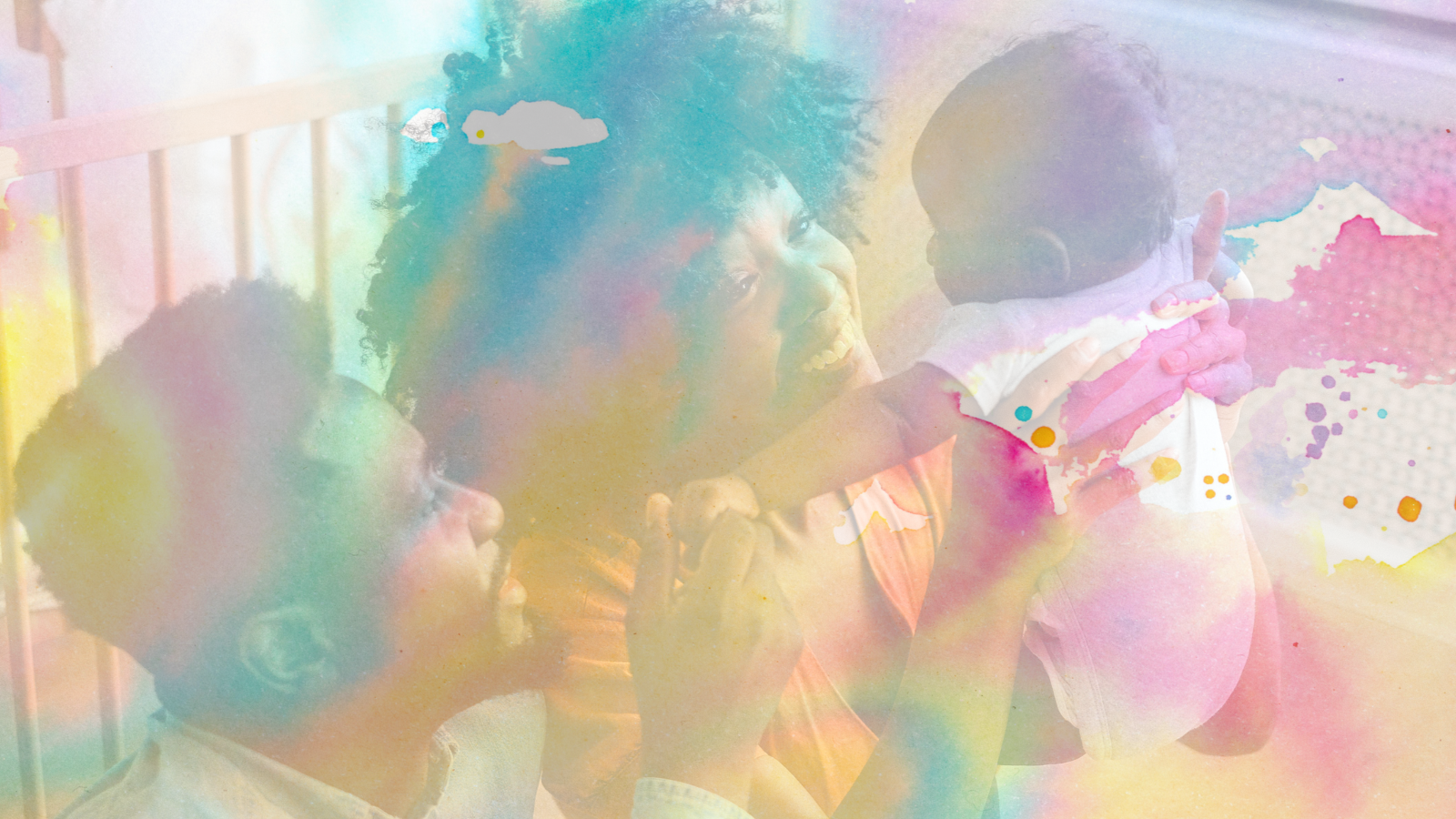Life Transitions Therapy in Williamsburg, Brooklyn
When life changes faster than you can orient to it
A life transition can feel like standing between two identities — no longer who you were, not yet sure who you’re becoming.
Even positive change can create anxiety, grief, confusion, or unexpected loneliness. You may feel untethered, restless, or quietly overwhelmed while everyone else assumes you’re “doing great.”
At Transcendent Self Therapy, life transition therapy offers a grounded space to slow down, listen inward, and move through change with more clarity, stability, and self-trust.
Throughout life we move through many thresholds:
Relationship beginnings and endings
Career shifts, promotions, or creative pivots
Relocation or building a new life chapter
Pregnancy, postpartum, fertility journeys, or loss
Aging, health changes, or shifting family roles
Identity exploration or deep internal growth
Even when a transition is chosen, it can activate uncertainty about belonging, direction, or self-worth. Therapy helps you metabolize the emotional reality of change — not just “push through” it.
When transitions start to feel destabilizing rather than expansive, support can make all the difference.
Signs a life transition may be impacting you more deeply
You might notice:
Overthinking, second-guessing, or decision paralysis
Mood shifts, anxiety, or feeling emotionally flat
Sleep or energy disruptions
Boundary confusion or people-pleasing
Creative blocks or loss of direction
Hormone-related emotional changes (PMDD, perimenopause, postpartum)
These aren’t signs of weakness — they’re signals that your nervous system is adjusting to a new internal landscape.

What life transition therapy looks like here
Our approach is depth-oriented, relational, and integrative — blending insight with practical support so change feels less chaotic and more intentional.
Relational therapy
We explore patterns that emerge during transitions — attachment themes, identity shifts, and relational dynamics that shape how you navigate uncertainty.
Somatic grounding
Gentle nervous-system work helps you stay present during moments of overwhelm, decision-making, or emotional intensity.
Insight + practical tools
CBT/DBT-informed strategies can support clarity, emotional regulation, and sustainable action — without losing the deeper meaning-making process.
Creative & experiential modalities
Art, movement, writing, or symbolic exploration may be integrated when words alone don’t capture what’s changing inside you.
Values & identity work
Transitions often invite a question beneath the question: Who am I becoming now?
Therapy helps align your next steps with your evolving sense of self.
Outcome: more clarity, steadier boundaries, compassionate self-understanding, and choices that feel genuinely yours.



